United Nations Deputy Secretary-General Amina Mohammed has urged urgent global action to address what she described as a “deepening teacher crisis” that threatens progress on the Sustainable Development Goals (SDGs).
Speaking at the opening of the UNESCO World Summit on Teachers in Santiago, Chile, Ms. Mohammed hailed educators as “the beating heart of education, the cornerstone of sustainable development, and the guardians of our future.”
She warned that the world faces a shortage of 44 million teachers by 2030, a gap that could derail global education targets. “We are failing our teachers,” she said, adding that the crisis is “a slow-burning emergency” undermining learning outcomes, widening inequalities, and weakening societies.
UNESCO Director-General Audrey Azoulay also addressed the summit, stressing that “no single actor will be able to bridge the gaps we see.” She pointed to the multiple causes of the shortage, including low and delayed salaries, an aging workforce, rising enrolments without matching resources, and gender inequalities– particularly in STEM education.
Meeting the global demand for teachers will cost an estimated $120 billion annually, but education funding is falling short. Ms. Mohammed noted that over 40 per cent of the world’s population lives in countries spending more on debt servicing than on health or education, while aid to education is projected to decline by **25 per cent between 2023 and 2027.
Five-Point Plan for Action
The Deputy Secretary-General proposed a roadmap to strengthen the profession:
1. Elevate the profession– fair pay, safe workplaces, career pathways, and investment in training.
2. Finance education – prioritize budgets, expand domestic resources, pursue debt relief, and explore a Global Fund for Teachers in Emergencies.
3. Advance gender equality – promote women’s leadership in education.
4. Support digital transformation – equip teachers and classrooms for inclusive learning in the AI era.
5. Protect teachers in crisis zones– provide safety and resources for educators in conflict-affected regions.
Looking ahead to the World Social Summit in Doha this November, Ms. Mohammed called on governments to translate commitments into measurable action, including national teacher compacts with targets for recruitment, retention, and pay, as well as a financing framework that links aid and debt swaps to investments in teachers.
“Quality education is the foundation of everything we hope to achieve with the SDGs,” she concluded. “Without teachers, none of it is possible.”






























































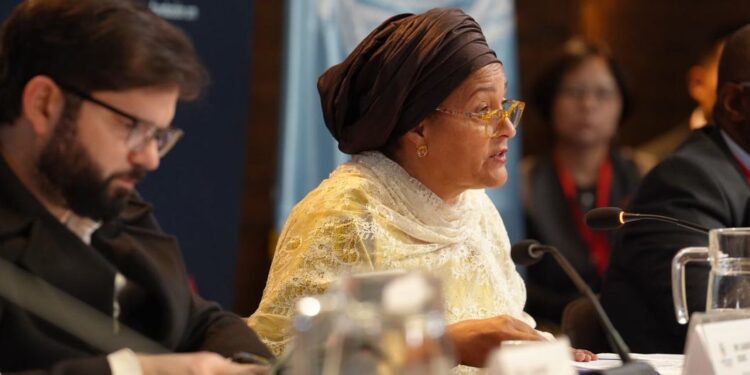




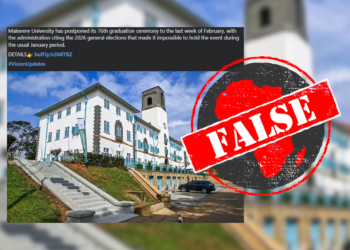

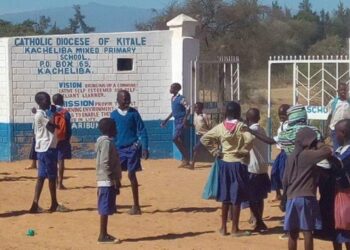
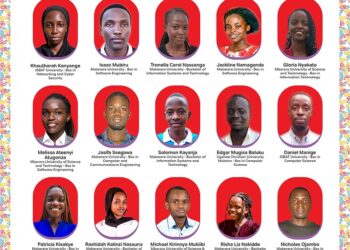
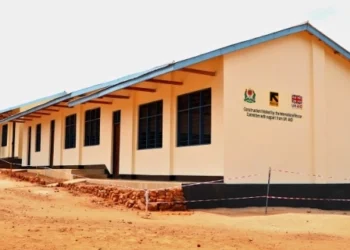









 EduTimes Africa, a product of Education Times Africa, is a magazine publication that aims to lend its support to close the yawning gap in Africa's educational development.
EduTimes Africa, a product of Education Times Africa, is a magazine publication that aims to lend its support to close the yawning gap in Africa's educational development.